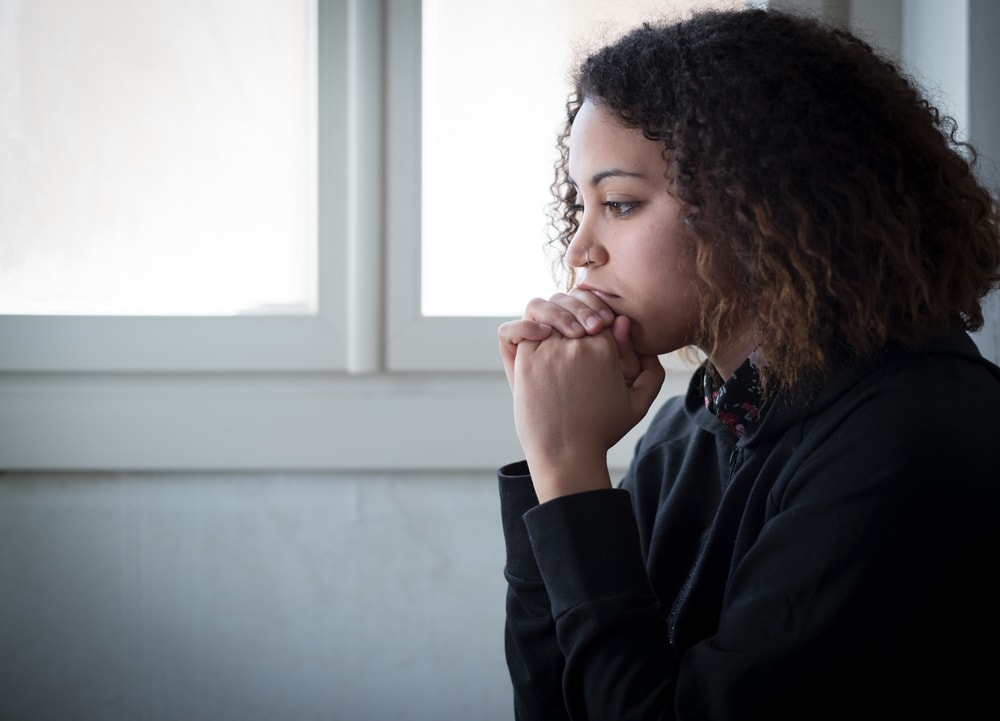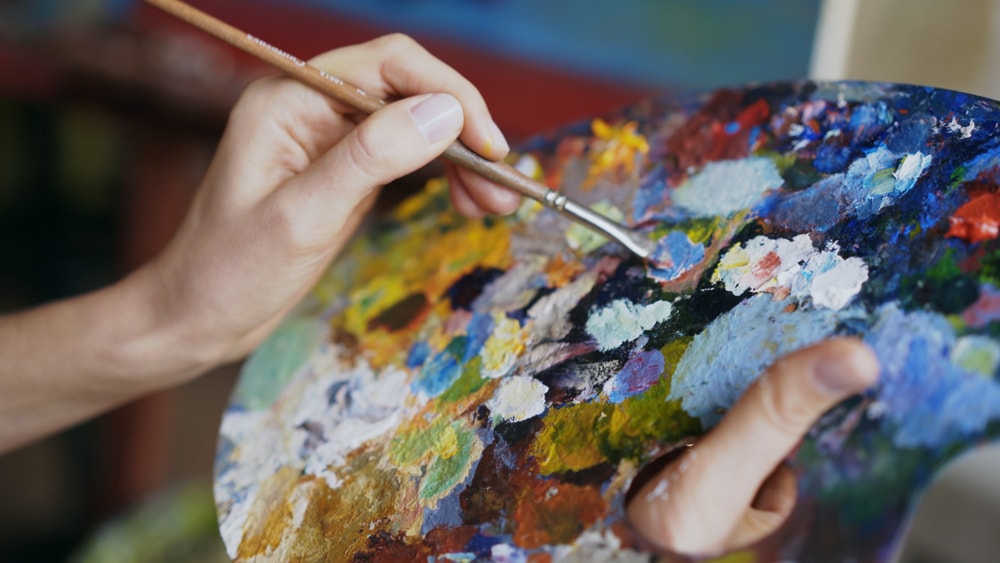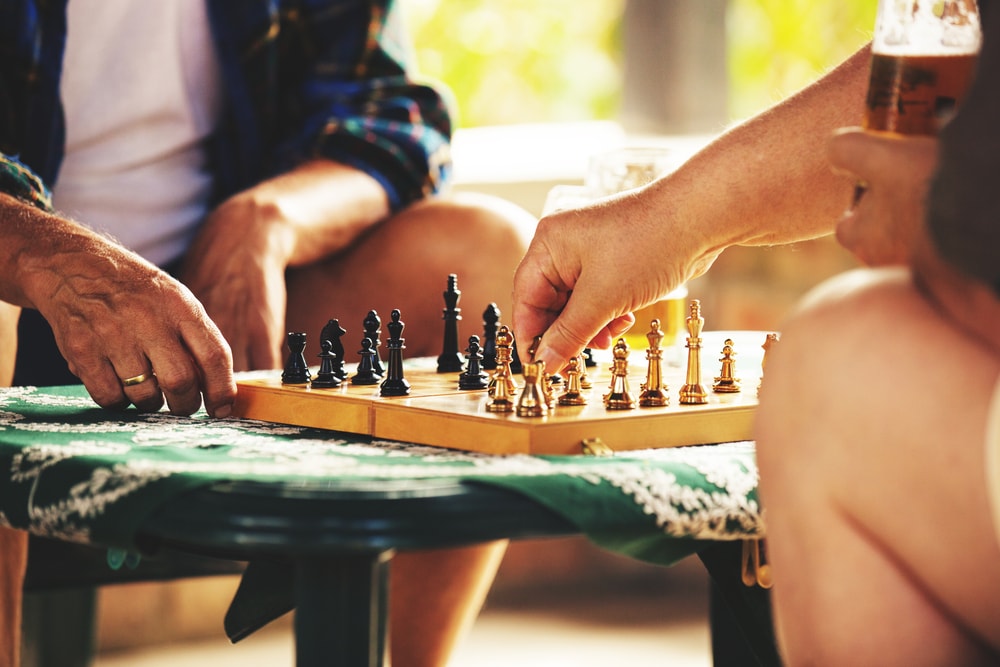“The word ‘bereaved,’ which to our modern-day ears can sound like an old-fashioned term that only a funeral director might use, means ‘to be torn apart’ and ‘to have special needs.’ So, despite its obsolescence, the word is still accurate and useful. Perhaps your most important ‘special need’ right now is to be compassionate with yourself. In fact, the word ‘compassion’ means ‘with passion.’ Caring for and about yourself with passion is self-compassion.” – Dr. Alan Wolfelt

Grief is hard. It’s unpredictable and grueling. It’s mentally, physically, and emotionally taxing. It is almost like a fog descends around you, and everything looks somewhat gray and dim. Depending on the nature of your loss, these feelings may persist for quite some time. That’s why self-care is so important. Every person’s grief journey is different, encompassing a range of emotions and an unknown time span, but in the midst of it all, taking care of yourself is important. You may not feel like making the effort, but self-care may be one of the most beneficial things you do for yourself.
When you think about self-care, personal fitness may first come to mind, but really, it’s a much broader term. It does mean taking care of yourself physically, but it also encompasses your emotional, spiritual, cognitive, and even social health. So, what can you do to take care of yourself while you’re grieving?
1. Don’t be afraid of your feelings.
You feel what you feel. It is what it is, and there is absolutely nothing wrong with the emotions that may be coursing through you. We all feel loss differently, and every loss is different because every person and individual relationship is unique. Try not to stifle or ignore your feelings; don’t stuff everything down. Instead, accept that you feel what you feel and that it’s okay.
2. Give yourself time.
Grief is a journey, not an event. You will need time to come to grips with what life looks like without your loved one. You aren’t necessarily going to spring back into life the way it was. It’s okay to give yourself a little space and to take more breaks. Grief is hard work, and you need time to work through it.

3. Find ways to express your grief.
What you do is going to depend on your personality. For some, it’s helpful to go out into the backyard and chop wood or go to the batting cages and just whack the balls over and over again. For others, creative expression is helpful. Many times, journaling, creative writing, painting, drawing, arts & crafts, or other types of self-expression help us make sense of the seemingly senseless feelings going on inside. And if you are a person of faith, prayer, meditation, worship, or traditional rituals can help you express your grief.
4. Don’t neglect your health.
Most people feel more tired and less energetic when they are grieving. For this reason, it’s important to get plenty of sleep. If you are having trouble sleeping, try to stay hydrated, limit your caffeine intake, and make sure that your bedroom is dark and relaxing. Additionally, you should make sure that you are eating healthy foods and taking time to participate in some kind of physical activity on a regular basis. One thing to watch out for is numbing activities. It may start out as a coping mechanism but beware of allowing numbing activities to distract you from dealing with your grief. Common numbing activities are: food, alcohol or drugs, anger, excessive exercise, TV or movies, books, isolating yourself, shopping, or losing yourself in work. While these may help you cope, they don’t help you move toward reconciling your grief and moving into what life looks like after a loss.

5. Allow others to walk alongside you.
You don’t have to walk this road alone. In fact, it will be much less stressful if you do accept help from others. There’s an incredible scene in The Return of the King, the third installment of The Lord of the Rings. Throughout all three movies, Samwise Gamgee has faithfully walked alongside his dearest friend, Frodo Baggins. Together, as they seek to destroy a powerful ring and save all of Middle Earth, they face danger and hardships, feel lost and hopeless, and at one point, Sam even fears that Frodo has died. And then, the moment comes. Frodo is so near the end of this incredibly taxing quest – this journey that has sapped him physically, mentally, and emotionally – and he says, “I can’t do this, Sam.” After some fortifying words, Sam says, “I can’t carry it [the ring] for you, but I can carry you!” This is why we need friends along the hard journeys in life. They can’t carry our burdens for us, but they can help carry us along; they can provide the support we need to move forward and find new life and new meaning.
Self-Care vs. Keeping Busy
It’s important to remember that self-care is not about “keeping busy.” It’s about taking care of yourself as you grieve. Nationally respected grief expert Dr. Alan Wolfelt puts it this way: “Remember—self-care fortifies your long and challenging grief journey, a journey which leaves you profoundly affected and deeply changed. To be self-nurturing is to have the courage to pay attention to your needs. Above all, self-nurturing is about self-acceptance. When we recognize that self-care begins with ourselves, we no longer think of those around us as being totally responsible for our well-being. Healthy self-care forces us to mourn in ways that help us heal, and that is nurturing indeed.”
Taking care of yourself will contribute to giving you the strength to face each day of your grief journey. There are so many ways to care for yourself, and it will vary from person to person. Some will find bubble baths relaxing. Others will care for themselves by exercising, talking with friends, taking walks, sticking to a daily schedule, or enjoying a daily smoothie. No matter what you decide is best for you, be kind to yourself. It’s okay to have a bad day for no apparent reason, and you don’t need to feel guilty when you have a good day or enjoy an activity. The grief journey is not about the pain disappearing; it’s about you learning to reconcile with your loss and finding your “new normal.” You may always deeply feel the loss of your loved one, but you discover what life looks like after a loss and find new meaning in it.




